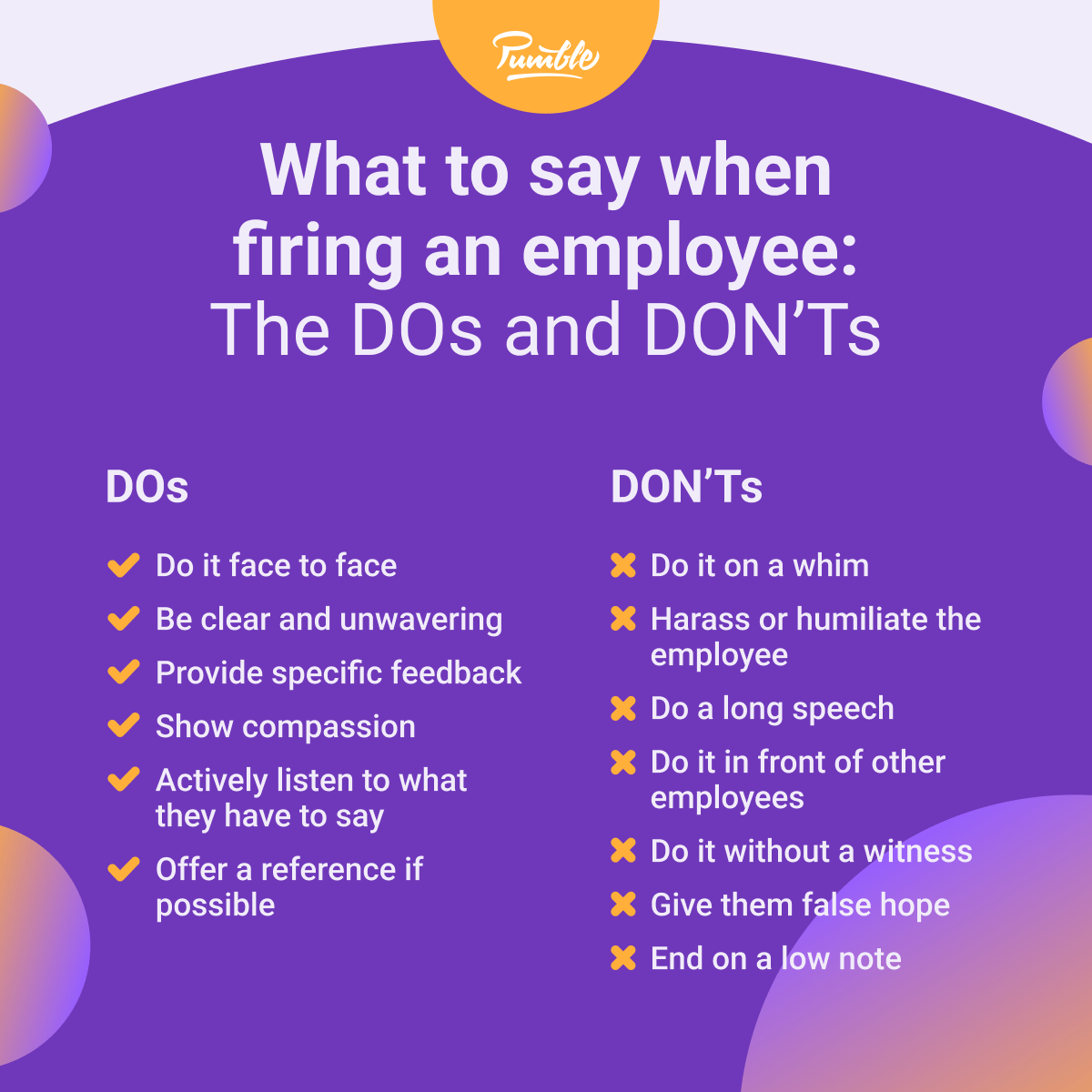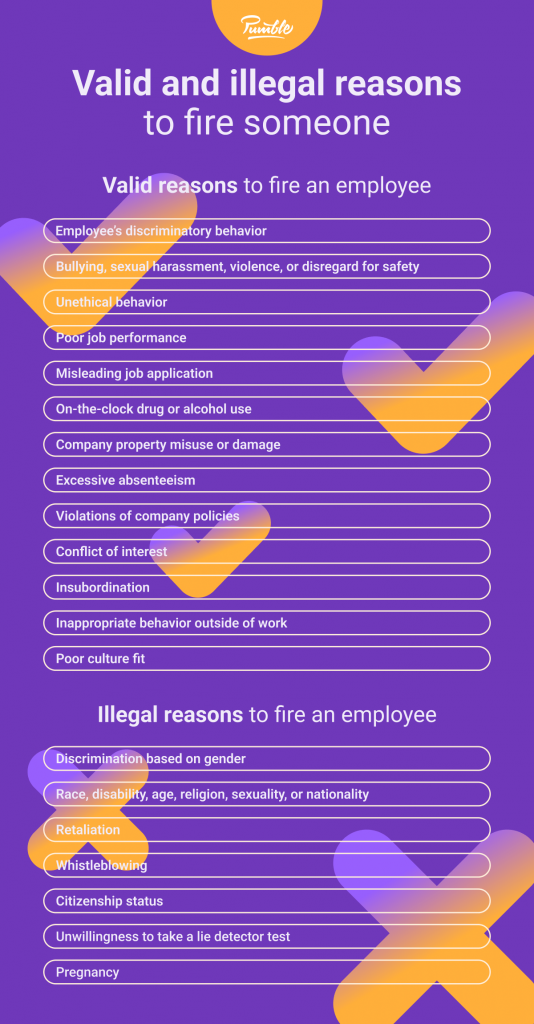Can Someone Fire You For No Reason

At-will employment: can you be fired for absolutely no reason? The short answer is, unfortunately, often yes.
This article breaks down the complexities of at-will employment in the United States, explaining when a firing is legal and when it crosses the line, potentially entitling you to legal recourse.
Understanding At-Will Employment
Most states in the U.S. operate under the at-will employment doctrine. This means an employer can terminate an employee at any time, for any reason, or for no reason at all, as long as the reason isn't illegal.
Similarly, an employee can quit their job at any time without penalty. This creates a seemingly balanced, yet often precarious, employment relationship.
When "No Reason" is Illegal
Despite the broad scope of at-will employment, there are crucial exceptions. Federal and state laws protect employees from termination based on discriminatory factors.
For example, you cannot be fired because of your race, religion, sex, national origin, age (if over 40), disability, or genetic information. These protections are enforced by agencies like the Equal Employment Opportunity Commission (EEOC).
Retaliation is Also Illegal
It is illegal to fire an employee for reporting illegal activities (whistleblowing), filing a worker's compensation claim, taking legally protected leave (like FMLA), or refusing to participate in illegal activities.
These protections aim to prevent employers from silencing employees or punishing them for exercising their rights.
The Role of Employment Contracts
At-will employment does not apply if you have a valid employment contract. Contracts often specify the terms of employment, including reasons for termination and procedures that must be followed.
Review your contract carefully to understand your rights. Consult with an attorney if you're unsure about the implications.
What About Verbal Agreements?
Verbal promises of job security can be difficult to enforce, but in some cases, they may create an implied contract. This depends on the specifics of the conversation and the laws of your state.
Document any verbal agreements you have with your employer, including the date, time, and individuals involved.
What to Do If You Believe You Were Wrongfully Terminated
If you believe you were fired illegally, gather evidence to support your claim. This includes performance reviews, emails, and witness statements.
File a complaint with the EEOC or your state's labor agency if discrimination is suspected. You typically have a limited time frame to file a claim, so act quickly. Consult with an employment attorney to discuss your options and assess the strength of your case.
Looking Ahead: Potential Changes to At-Will Employment
While at-will employment remains the standard, there's ongoing debate and legal challenges to the doctrine.
Some states are considering legislation to provide greater protection for employees, particularly regarding "just cause" termination requirements. Stay informed about employment law changes in your state, as these laws are ever evolving.
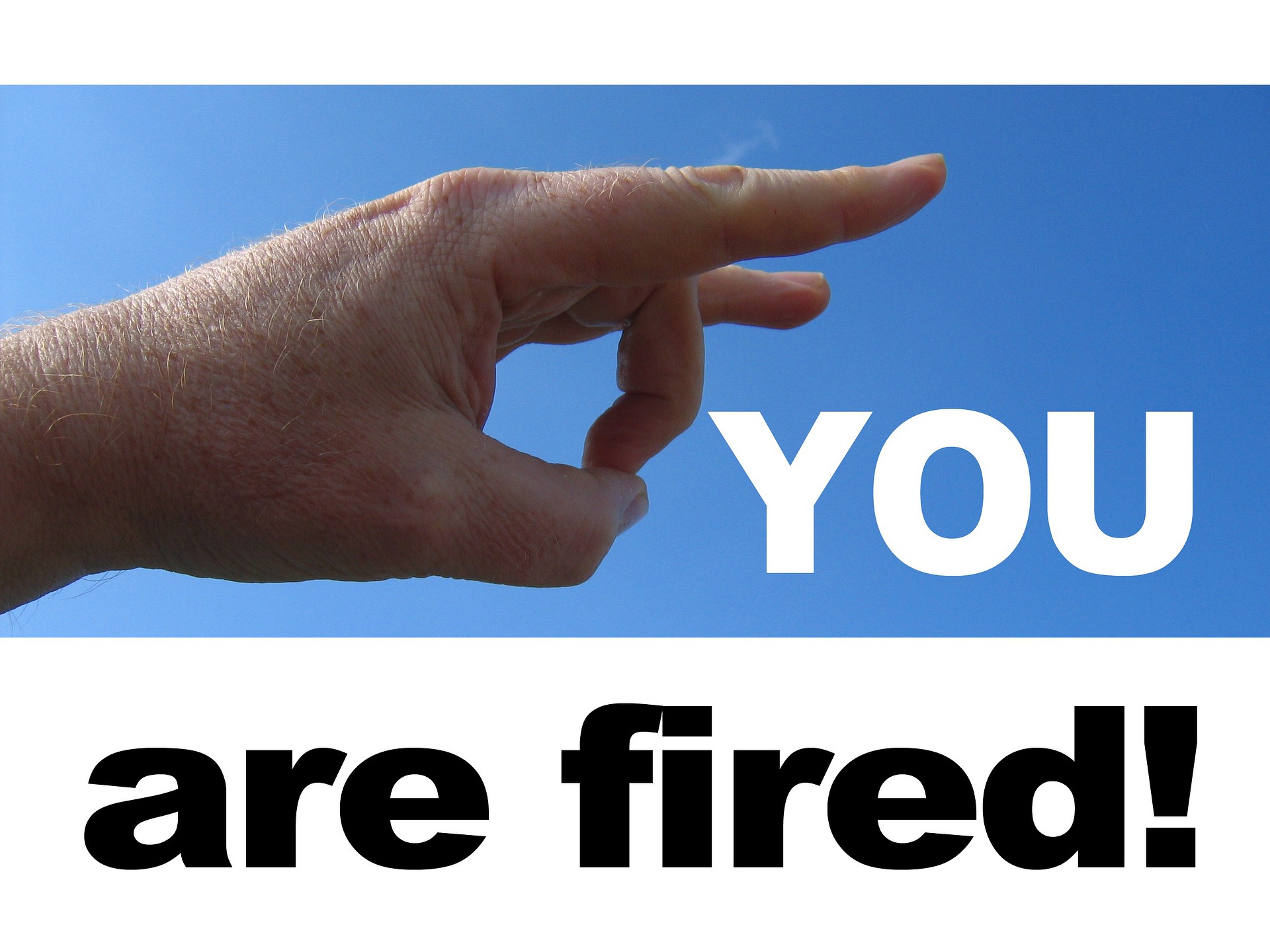


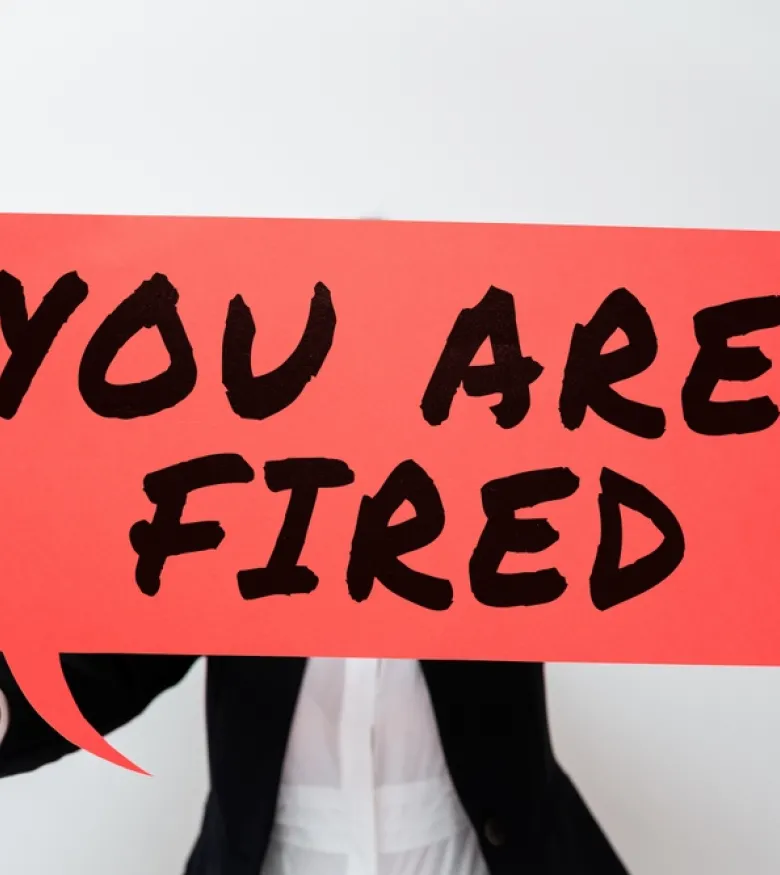


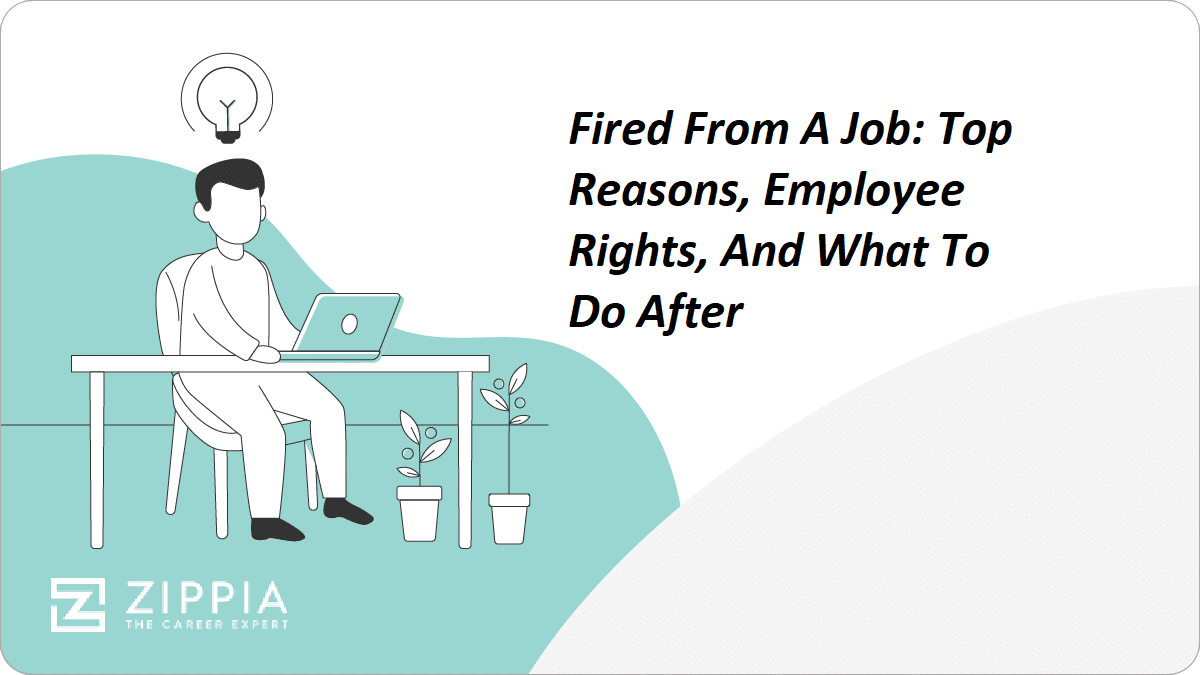


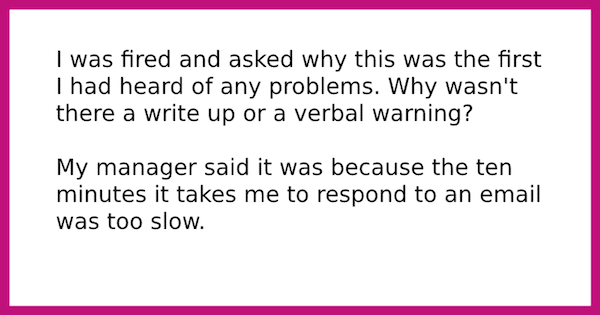
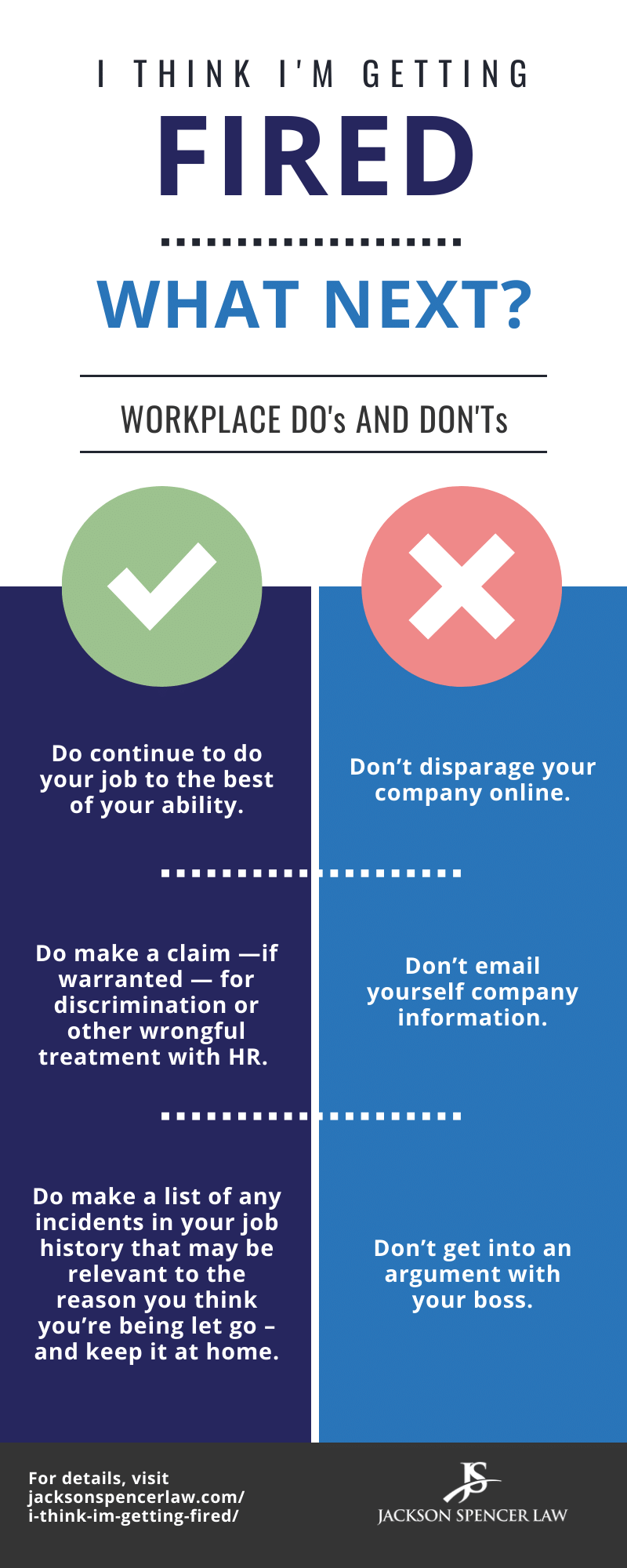


.jpg)
